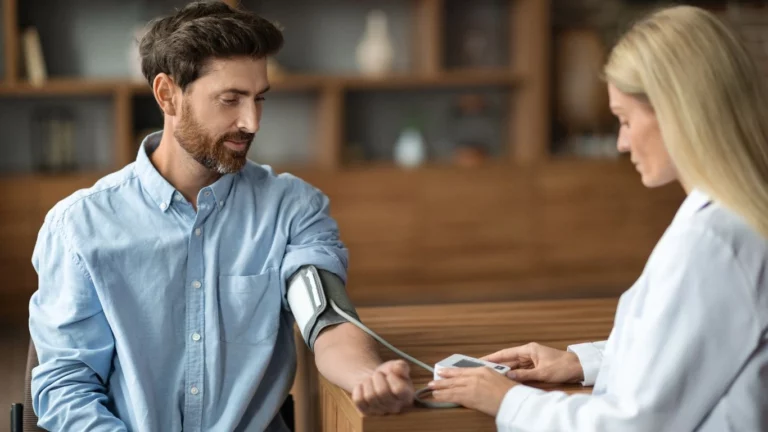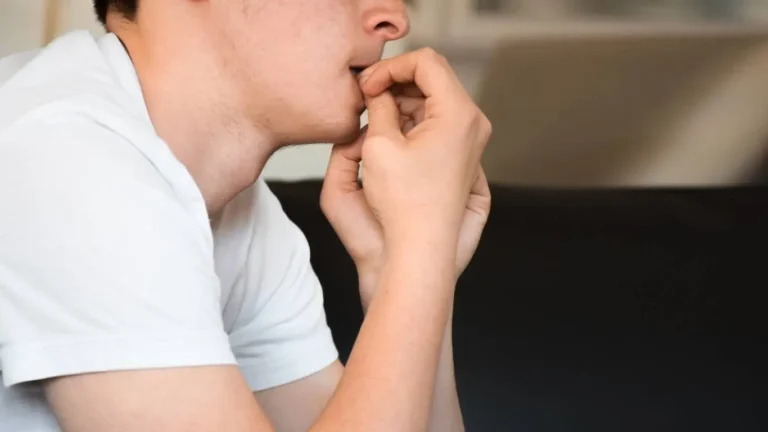Shocking Signs of High BP in Young Women You Shouldn’t Ignore
It’s funny how often high blood pressure—or hypertension—gets labeled as an “older person’s problem.” But let me tell you, as someone who’s spent years in Internal Medicine managing hypertension across all ages, I’ve seen more than my share of young women walk into my office completely unaware their blood pressure was sky-high. And the worst part? Many of them didn’t even realize what they were feeling were high BP symptoms in young women. The signs are subtle, sometimes almost invisible—until they aren’t.
Wait, High Blood Pressure in Your 20s and 30s? Yep, It Happens
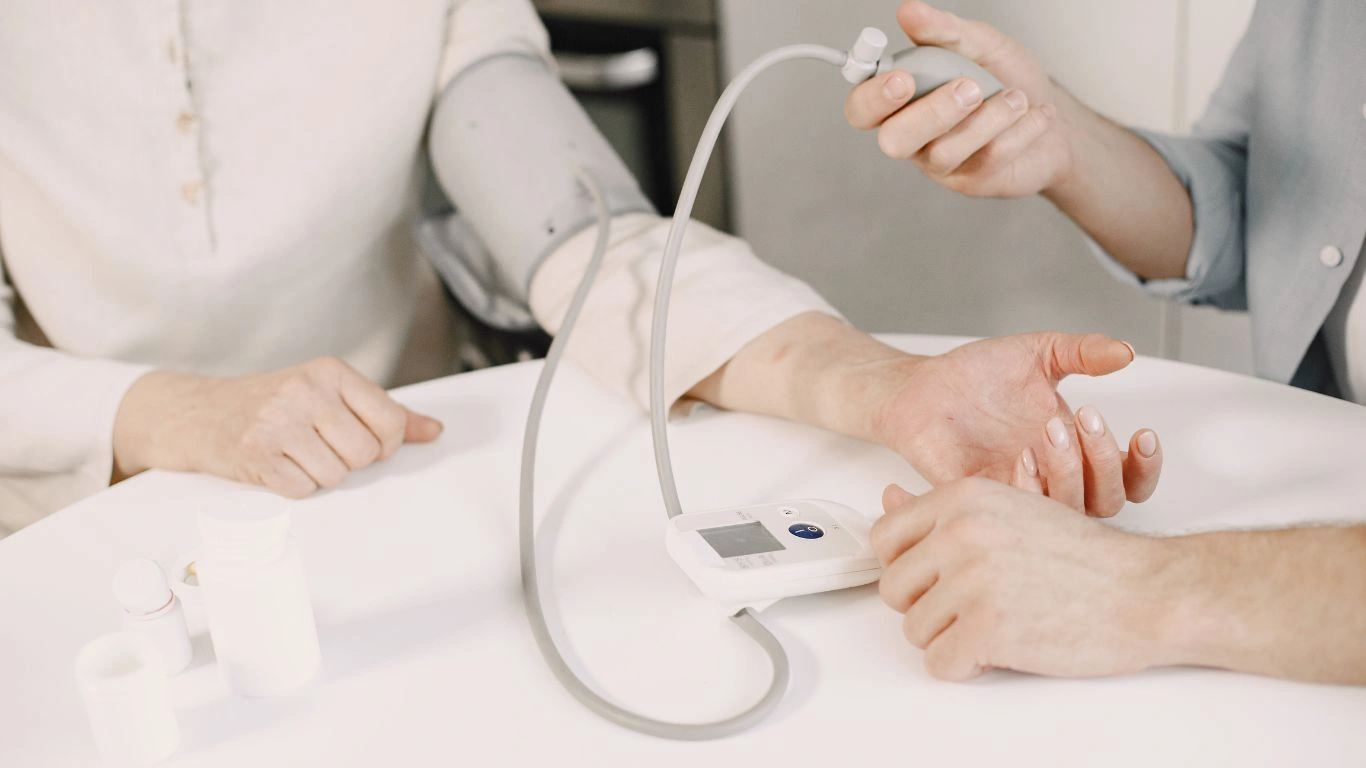
Let’s bust a myth right out of the gate—hypertension doesn’t care how many candles are on your birthday cake. I’ve seen women in their late teens to early 30s with numbers that would make a cardiologist do a double take. What’s scary is that many of them looked perfectly healthy on the outside. Active, social, no significant medical history, and yet their blood pressure told a very different story.
Here’s the kicker: Symptoms can be so vague that you might chalk them up to a stressful week at work or not getting enough sleep. And sure, stress and sleep deprivation can push your BP up—but when that spike becomes chronic? That’s when the real risk starts building.
Common High BP Symptoms in Young Women That Often Get Overlooked
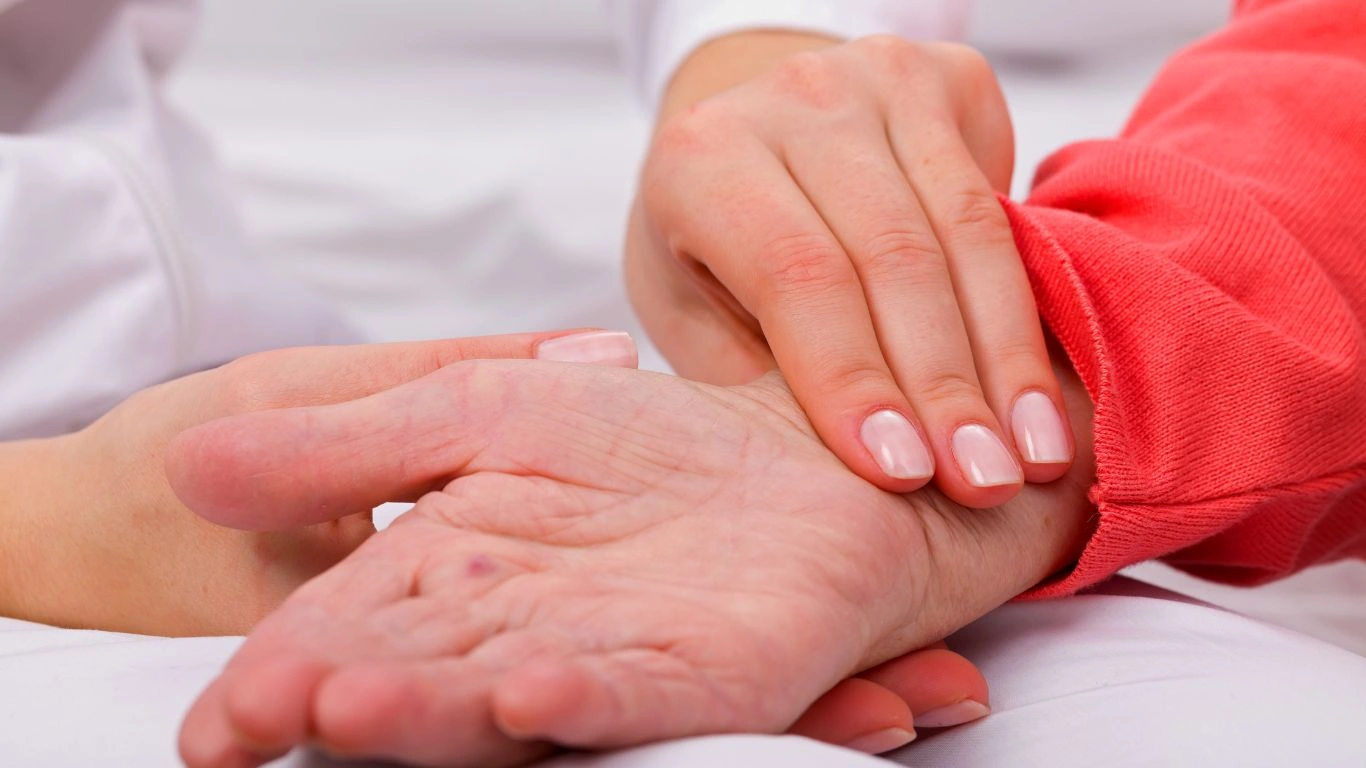
You’d think sky-high blood pressure would make itself known, right? Not always. It can be sneakier than you’d expect. Here’s what I often hear from patients before they learn they’re hypertensive:
- Headaches that won’t quit – Usually described as a dull pressure at the back of the head, sometimes pulsating.
- Fatigue – Not your average “I stayed up late” tired, but more like a fog that won’t lift.
- Blurred vision or seeing spots – This one freaks people out (understandably).
- Shortness of breath with minor activity – Going up stairs shouldn’t feel like a workout.
- Palpitations or fluttery chest feelings – The kind that makes you pause mid-sentence.
- Anxiety-like symptoms – Racing heart, restlessness, feeling wired for no reason.
When I was fresh out of residency, I had a patient in her late 20s—fit, non-smoker, vegetarian—who came in because she kept waking up with headaches and felt “off.” Her blood pressure? 168/102. She nearly fainted when I told her. “But I eat kale!” she said. It was a wake-up call for both of us: looks and lifestyle don’t always tell the whole story.
Why Young Women? What’s the Deal?
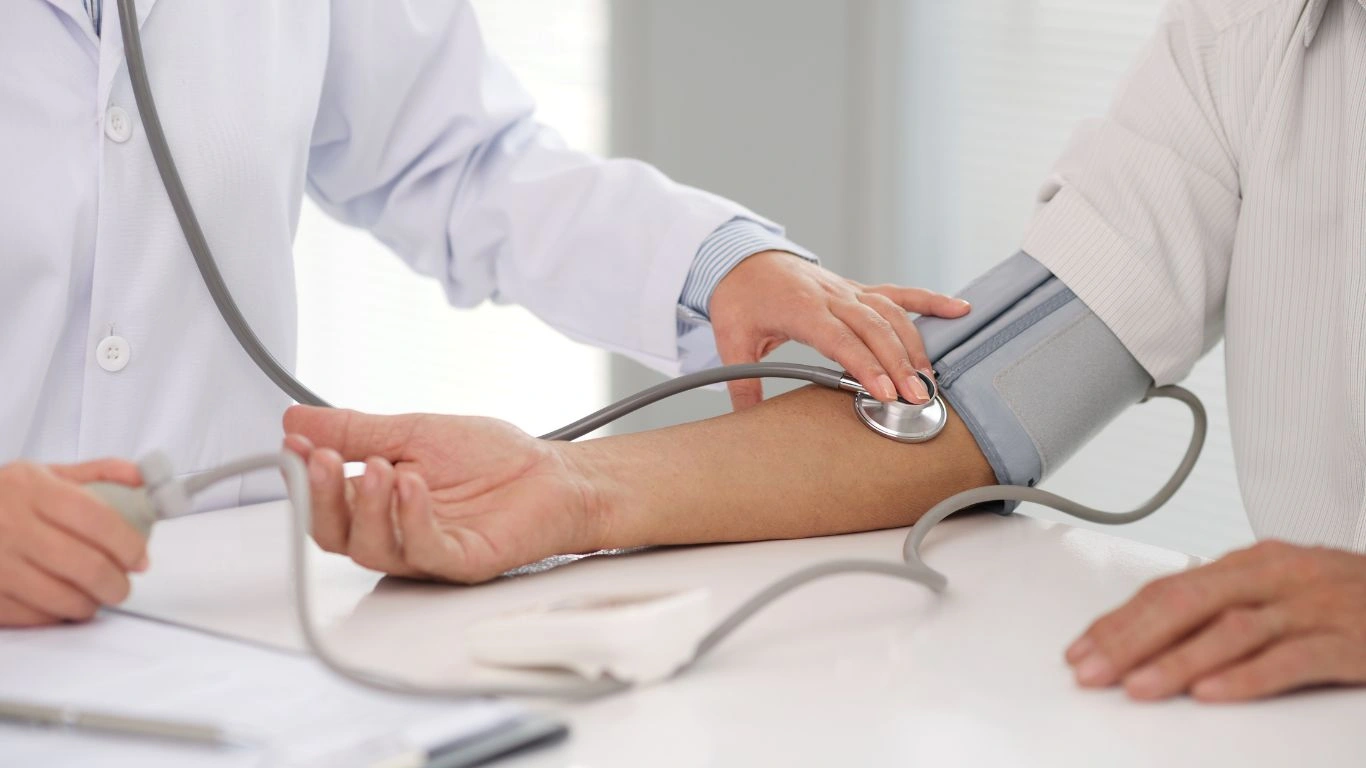
So why is this happening more and more to women under 40? A few reasons come to mind, and honestly, some of them are beyond frustrating:
- Hormonal shifts – Birth control, PCOS, pregnancy, and even perimenopause can all mess with your BP.
- Chronic stress – Between careers, side hustles, caregiving, and trying to maintain a social life, young women are under constant pressure (pun intended).
- Sodium overload – Even if you’re avoiding obvious junk food, processed “healthy” snacks are often sneaky high in salt.
- Medical gaslighting – Yep, still a thing. I’ve had patients tell me their concerns were brushed off as anxiety when it was clearly hypertension.
- Lack of routine screenings – Most people don’t check their BP unless there’s a problem, and that’s part of the problem.
I always tell my patients: you don’t need to be scared, but you do need to be informed. Your body is smart. It whispers before it screams. If you’re feeling “off,” it’s worth checking in—even if you’re young, even if you’re healthy, even if you’re busy. Especially if you’re all three.
How to Know When It’s Time to Get Checked
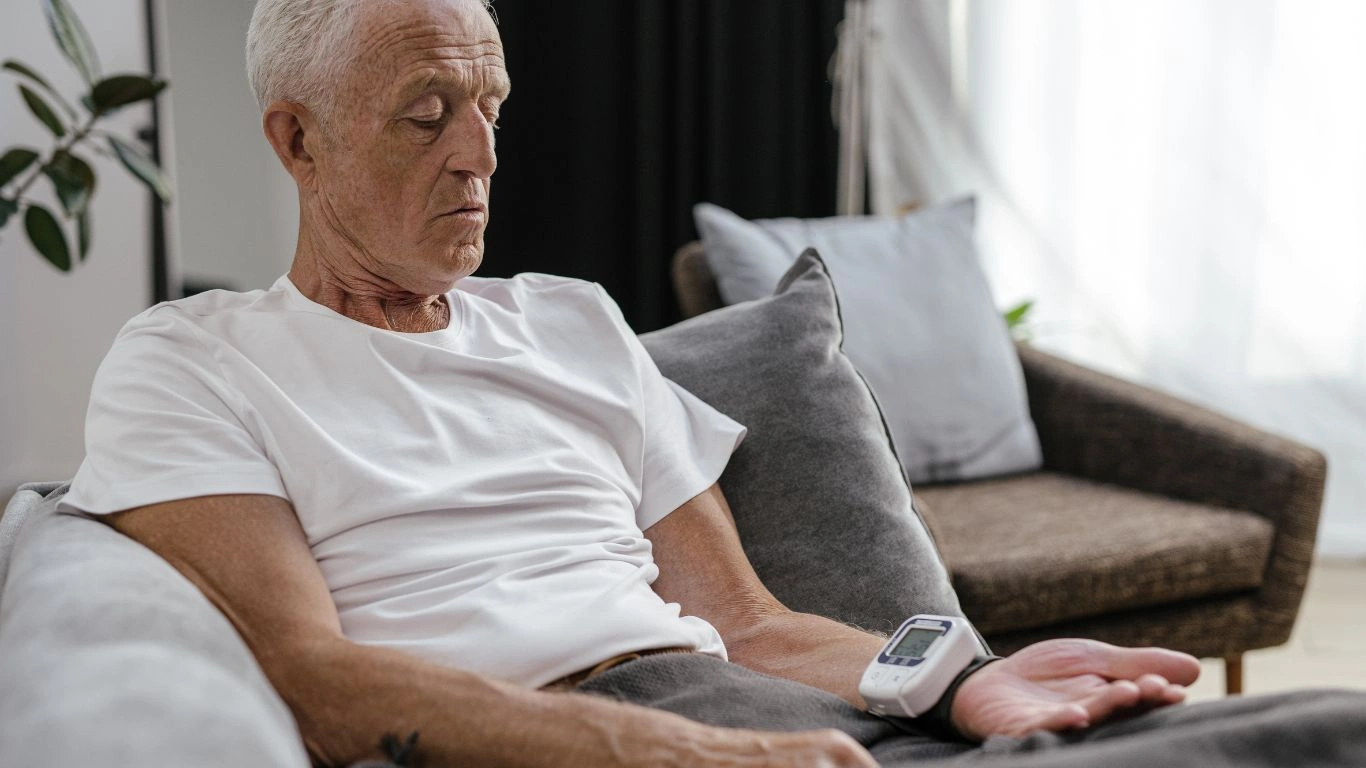
Here’s a simple truth I share with my patients all the time: if something doesn’t feel right, it probably isn’t. Too many young women brush off high BP symptoms as “just stress” or “a bad week.” I get it—life gets chaotic, and no one wants to feel like they’re overreacting. But listen, trusting your gut is part of taking care of your health.
You don’t need to wait until you’re doubled over with a headache or feeling dizzy in the middle of a grocery store aisle. If you’ve noticed any combination of the symptoms we talked about earlier—headaches, fatigue, racing heart, fogginess—don’t ignore them. A simple blood pressure reading could save you a long-term battle with something preventable.
I once had a patient, early 30s, come in because she was getting out of breath doing laundry. She thought she was just “out of shape.” Nope. Her BP was 174/98. A few lifestyle tweaks and a low-dose med later, and she was back to chasing her toddler around with ease.
What You Can Start Doing Today (No White Coats Required)
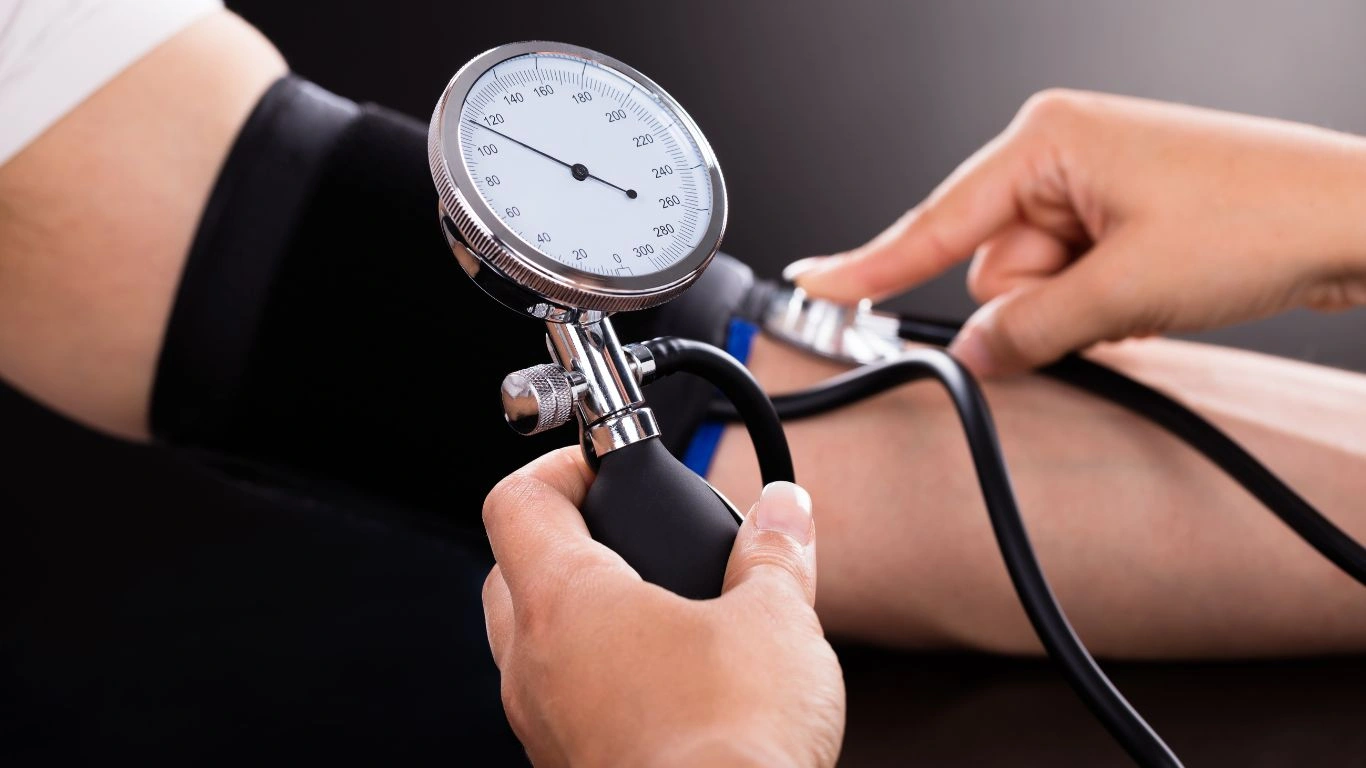
Now let’s talk action. Because here’s the thing—I’m not a fan of fear-mongering. Yes, high BP symptoms in young women are real, but so are the tools to manage and prevent it. You’re not powerless here. Not even close.
1. Get Yourself a BP Monitor
No need for anything fancy. A good-quality at-home monitor will do just fine. I usually recommend patients take their readings first thing in the morning and again in the evening for a week—sitting down, relaxed, feet on the floor. Don’t do it right after running around or gulping coffee. Accuracy matters.
2. Watch the Salt (But Also the Sugar)
We all know salty snacks are a BP trigger, but sugar is just as sneaky. High sugar intake can cause insulin resistance and inflammation, which mess with your arteries. Try sticking to whole foods when you can. Think less packaged, more colorful.
3. Move Your Body—Your Way
You don’t need to become a marathoner. A 30-minute brisk walk, a dance session in your kitchen, yoga, swimming—whatever gets your heart pumping and your stress levels down. Consistency beats intensity every time.
4. Learn to Say No (Seriously)
Chronic stress is a slow-burner for high BP. And as women, we’re often taught to people-please to the point of burnout. I’m not saying become a hermit—but setting boundaries is powerful medicine. Your nervous system will thank you.
5. Reassess Your Birth Control
Hormonal contraceptives can raise blood pressure in some women. It’s not about fear—it’s about awareness. If you’re on the pill and experiencing some of these symptoms, talk to your doctor. There are tons of options, and some are more BP-friendly than others.
When High BP Sneaks Up—Long-Term Risks You Don’t Want
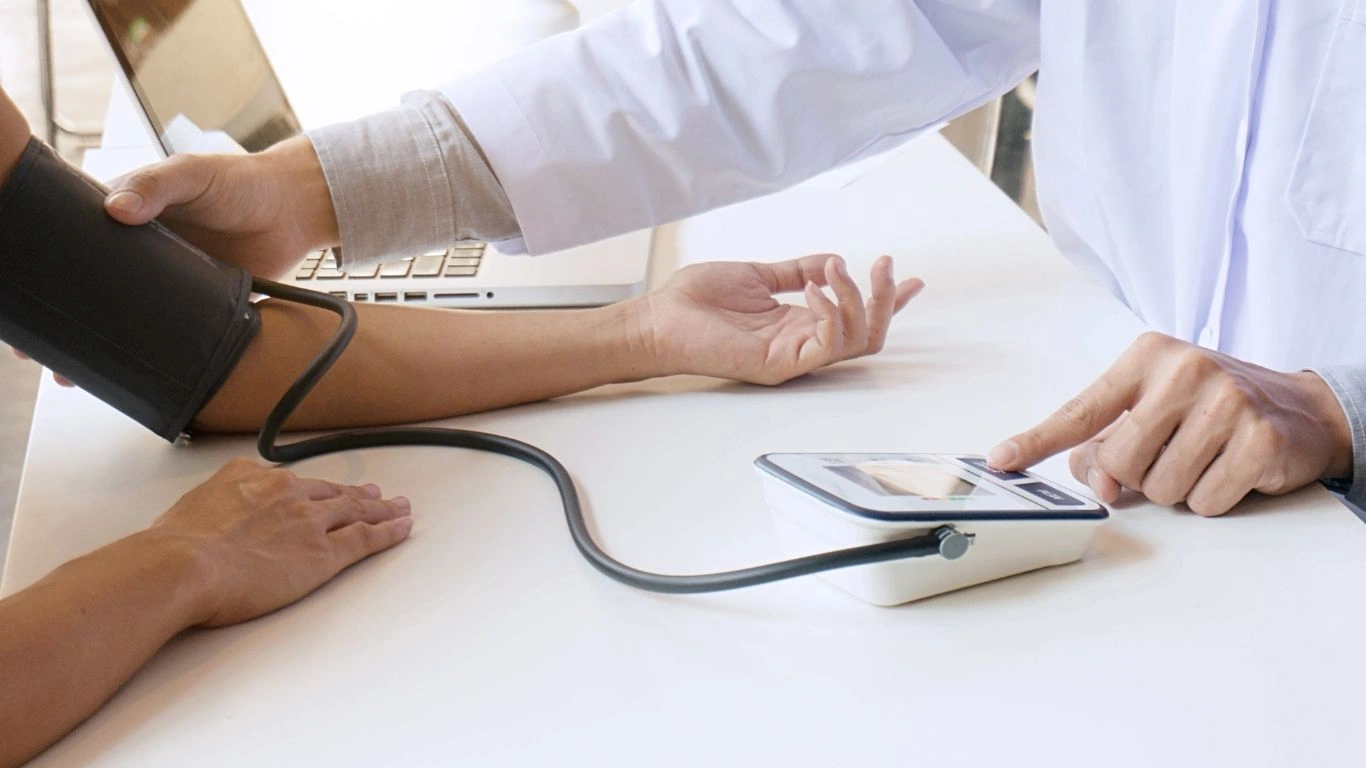
One of the reasons I’m so vocal about catching high blood pressure early—especially in young women—is because the risks stack up over time. You might not feel it today, but here’s what untreated hypertension can lead to down the road:
- Heart disease – Think heart attacks, thickened heart muscle, heart failure. It all starts with high BP.
- Kidney damage – Your kidneys are sensitive to pressure. Chronic hypertension quietly wrecks them.
- Eye issues – That blurry vision? If left unchecked, it can become permanent damage to the retina.
- Stroke – This is the big one. High blood pressure is the #1 preventable cause of strokes in young adults.
I had a 35-year-old patient, a high-powered lawyer, who suffered a small stroke during a work trip. Her blood pressure had been elevated for years, but it never got treated because she was “too young.” It changed her life—and trust me, it didn’t have to happen.
So if you’ve been pushing symptoms to the side, now’s the time to lean in. The earlier you spot high BP and take control, the better your chances of avoiding long-term damage. It’s not about being paranoid—it’s about being proactive.
Managing High BP Symptoms in Young Women with the Right Support
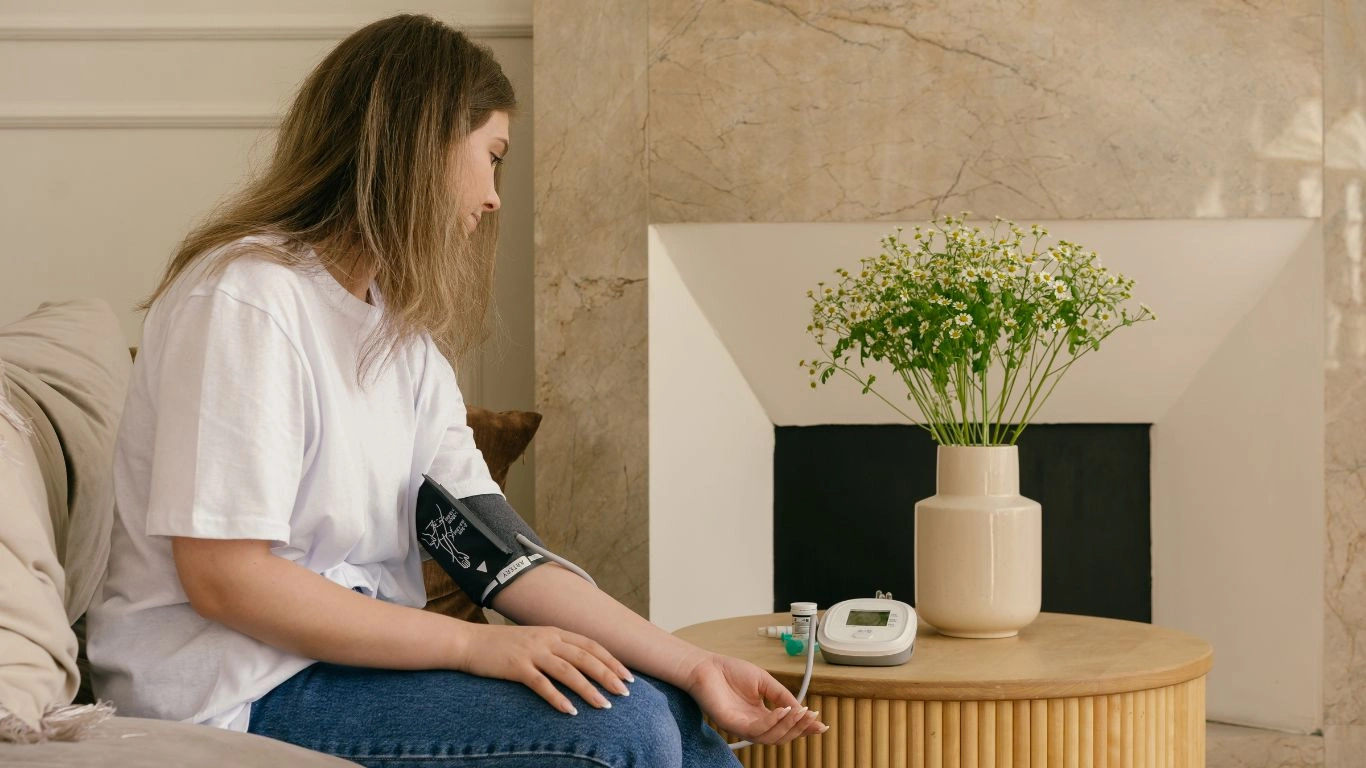
Let’s be real: figuring out you have high blood pressure when you’re young can feel… overwhelming. I’ve seen the worry in my patients’ faces too many times to count. You’re not alone if your first thought is, “Am I broken?” or “Do I need to be on meds forever?” That anxiety is valid—but so is this truth: hypertension doesn’t define you. And no, treatment doesn’t automatically mean pills.
For many of the young women I’ve worked with, the first step is just education. Once they understand what’s going on in their bodies, the fear shrinks. It turns into action. That’s where the magic happens.
Finding a Provider Who Listens
Here’s my honest advice—don’t settle for a provider who rushes you out the door with a prescription and zero explanation. You deserve better. Look for someone who’s willing to connect the dots with you. Ask questions. Bring a notebook. Share what you’ve been feeling. As someone who practices Internal Medicine, I can promise: we’re here to collaborate, not dictate.
One of my patients, a 29-year-old nurse, told me she had been dismissed by three different doctors before she came to me. “They kept saying it was stress,” she said. Her BP was consistently in the 150s. We worked on lifestyle changes first, and when those didn’t quite do the trick, we found a medication that fit her lifestyle with zero side effects. She texts me BP readings now with smiley faces. I live for those updates.
So What Does Treatment Really Look Like?

Treatment isn’t one-size-fits-all. And thank goodness for that, right? Here’s a general idea of what we look at when managing high BP symptoms in young women:
- Diet modifications – Think less sodium, more potassium-rich foods. The DASH diet is a great blueprint, and no, it’s not just “rabbit food.” You’ll still eat real, satisfying meals.
- Exercise plans – I tailor this with patients. If you hate running, we won’t talk about running. It could be walking, dancing, Pilates—whatever gets you moving.
- Stress-reduction techniques – Deep breathing, mindfulness, journaling, therapy… these aren’t just trendy wellness terms. They lower your BP, for real.
- Medication if needed – And when we go there, we go slow. Starting low-dose, monitoring regularly, and adjusting as your body responds.
What matters is that the plan works for you. Not for a textbook. Not for someone else’s idea of what “healthy” should look like.
Becoming Your Own Advocate

I always encourage my patients to keep track of their numbers, symptoms, and even their mood. It helps spot patterns that might otherwise go unnoticed. It’s amazing how often something as small as a few extra hours of sleep or switching from coffee to herbal tea shifts blood pressure in a positive direction.
Even if you’re not seeing a doctor regularly, being your own advocate makes a huge difference. Consider these steps:
- Download a BP tracking app or use a simple journal
- Bring questions to every appointment—yes, even the “silly” ones
- Request full lab panels at your annual visit (including kidney function, cholesterol, thyroid)
- Speak up if something feels off, no matter how small
And please, share this knowledge. You never know who in your circle might be silently struggling. That group chat convo or brunch moment might be the exact nudge someone needs to take their health seriously.
References
Disclaimer
This article is intended for informational purposes only and is not a substitute for professional medical advice, diagnosis, or treatment. Always consult your healthcare provider regarding any medical concerns or conditions. I’m sharing insights based on my experience as an Internal Medicine Physician, but your health journey is uniquely yours—so talk with someone who knows your specific story.

Dr. Gwenna Aazee is a board-certified Internal Medicine Physician with a special focus on hypertension management, chronic disease prevention, and patient education. With years of experience in both clinical practice and medical writing, she’s passionate about turning evidence-based medicine into accessible, actionable advice. Through her work at Healthusias.com, Dr. Aazee empowers readers to take charge of their health with confidence and clarity. Off the clock, she enjoys deep dives into nutrition research, long walks with her rescue pup, and simplifying medical jargon one article at a time.




